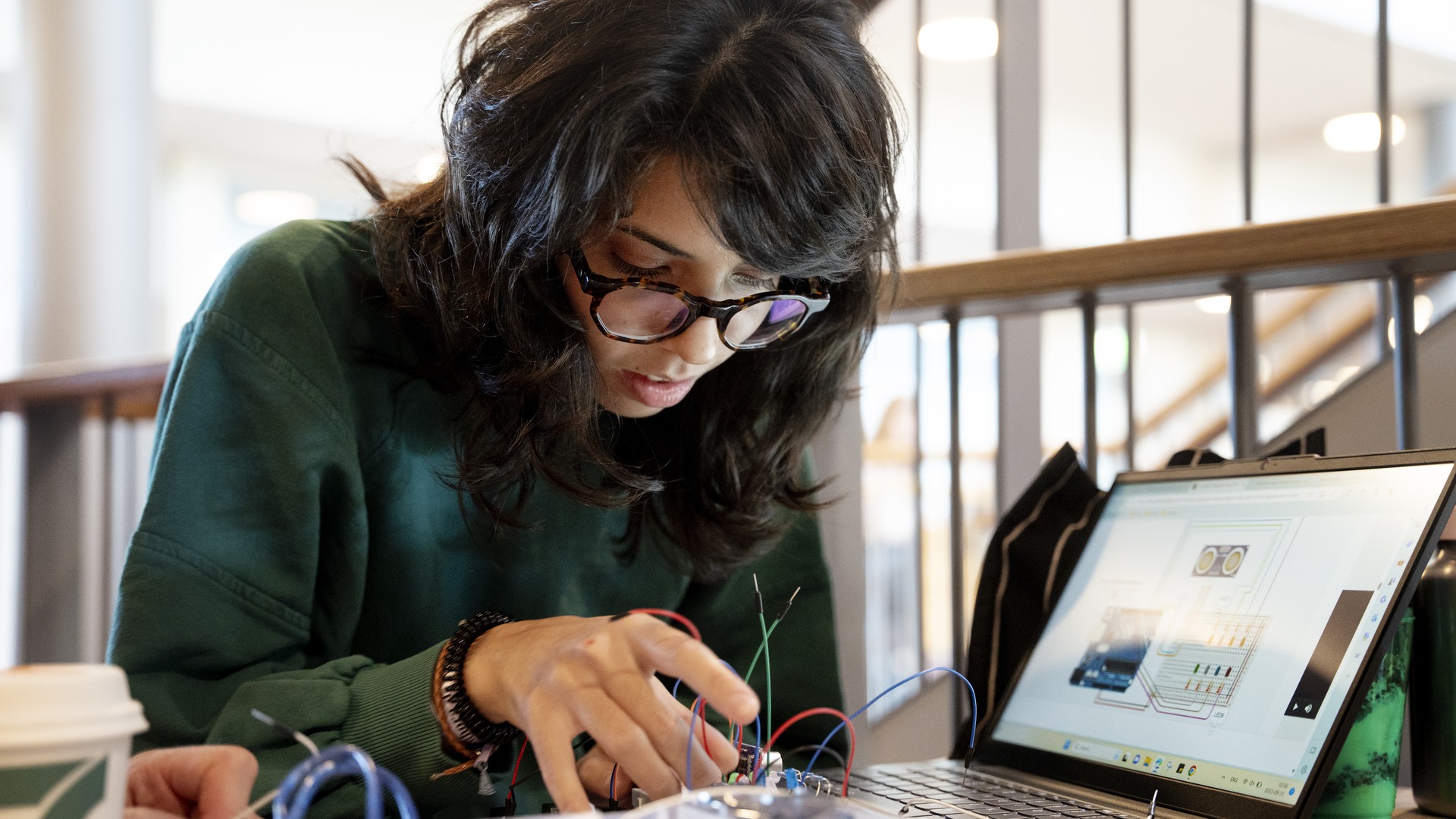Global Product Development I
International students
International students
https://youtube.com/embed/GG9vFfjMkGc?enablejsapi=1&rel=0&showinfo=1&controls=1
About the course
Global Product Development I for students and professionals (in engineering or related disciplines) who want to gain a broad understanding of how to develop products that can be successfully applied in challenging environments. It also addresses how technology can be part of reaching the UN's global goals for sustainable development. The context of the course is humanitarian operations and international development, where complexity is a core challenge to achieve results.
The course combines case studies with lectures. Lectures will give you broad insights into the technical as well as social and economic challenges you will meet in product development. These insights are continuously applied in case studies. You will also be part of a team with the task to develop an idea into a concept of a technical solution that can be applied to solve a real-life challenge in a low- or mid-income country. The course includes several guest lecturers with expertise from aid organizations and companies working in challenging environments. Previous guest lecturers have come from UNHCR, Médecins Sans Frontières, Sida and IKEA.
For students that want to develop an in-depth understanding of product development and project management in challenging environments, we recommend further studies in Global Product Development II. GPD I can be the basis for a degree project.
Course content
Context knowledge
Give an orientation on:
- international development cooperation
- Swedish and international development aid
- the roles and mandates of organizations in international development cooperation
- the role and responsibility of companies in reducing poverty and contributing to the global goals
Professional knowledge
- challenge-driven product development for social, economic, and environmental sustainability (Agenda 2030)
- interdisciplinary perspectives from disciplines such as social anthropology, humanitarian aid, international development cooperation, international relations, innovation, resource management with life cycle perspectives and group dynamics
- Agenda 2030 and how sustainable products can contribute to achieving the global goals.
- innovation and product development from an engineering perspective with the aim of reducing poverty.
- guest lectures on engineering roles in development assistance and how innovative organizations work to achieve the global goals
From knowledge to competence
- project management, product development, and methods for context analysis from international aid
- case-based projects in teams to develop products that meet specific challenges in international aid. The work includes an analysis of challenges and opportunities as well as suggestions for improvements.
- broadening and in-depth self-studies in areas that are relevant to the project work.
- a special emphasis is placed on developing a critical view on the professional role as an engineer and how challenges can be met to contribute to sustainable development
Entry requirements and selection
Entry requirements
General entry requirements + Physics 2, Chemistry 1, Mathematics 3c or Mathematics D
Selection
34% Upper Secondary Grades - 34% Swedish Scholastic Aptitude Test (SweSAT) - 32% University Credits
Course literature
Current literature list is available in the syllabus for the course
Course evaluation
The University provides students who are taking or have completed a course with the opportunity to share their experiences of and opinions about the course in the form of a course evaluation that is arranged by the University. The University compiles the course evaluations and notifies the results and any decisions regarding actions brought about by the course evaluations. The results shall be kept available for the students. (HF 1:14).


